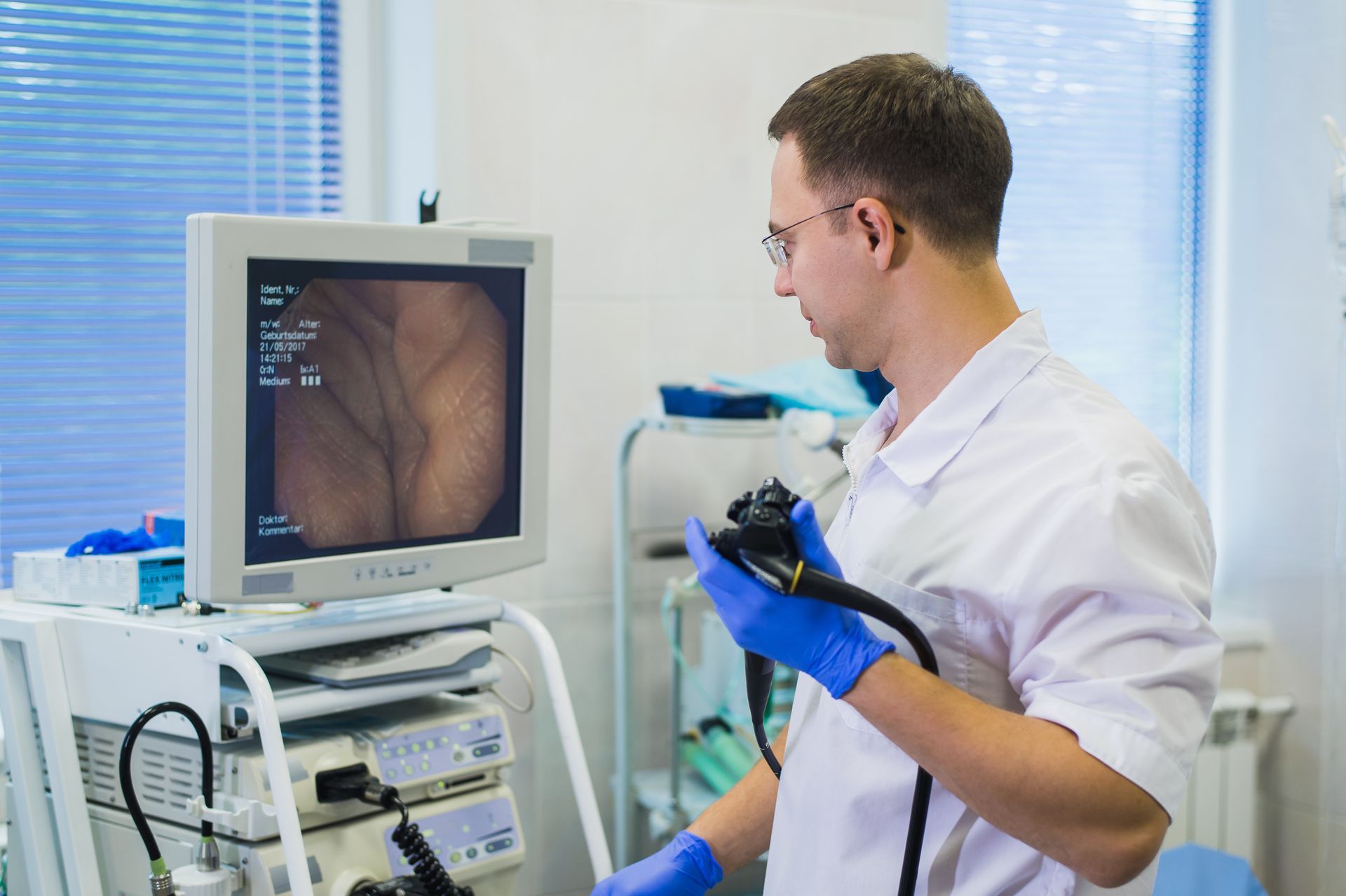Recognizing the Signs & Symptoms of Crohn’s Disease
Crohn’s disease is a gastrointestinal disorder that causes chronic inflammation. It can affect any part of your body, between the mouth and rectum. While similar to ulcerative colitis, Crohn’s disease typically occurs in patches along the gastrointestinal tract. If you suffer from Crohn’s disease, treatment is crucial for your health. However, beyond medication, your lifestyle and diet play critical roles in the severity of your symptoms.
What are the Symptoms of Crohn’s Disease?
Signs and symptoms that a patient may be suffering from Crohn’s disease include:
- Chronic bloody stools
- Watery diarrhea
- Abdominal pain
- Vomiting and nausea
- Low iron levels
- Loss of weight and appetite
- Change in bowel habits
- Joint pain
- Changes in vision
- Changes in skin
- Fatigue
- Fever
Healthy Steps to Control Crohn’s Disease Side Effects
Factors like diet, stress and smoking directly influence the severity of Crohn’s disease. If you smoke, you should strongly consider quitting. In addition to the obvious health benefits, it can also prevent the worsening of your Crohn’s symptoms. Regular exercise will not only improve your overall digestive health, it is also a great stress reliever. Staying hydrated is also an excellent way to mitigate digestive problems.
If you suffer from any of these symptoms, a gastroenterologist can diagnose your condition in a variety of ways. Endoscopy, colonoscopy, CT scan, capsule endoscopy, and MR imaging can all be used to determine if you have Crohn’s disease. The experts at Digestive Diseases Center in Panama City are here to help with any of your digestive concerns and issues.
CONTACT
850-763-5409
ADDRESSES
4 LOCATIONS
204 E 19th Street, B, Panama City
12216 Panama City Beach Pkwy, D, Panama City Beach
4295 3rd Ave, Marianna
101 Good Morning St., 109B, Port St. Joe
Subscribe to our newsletter:
subscribe to our newsletter
We will get back to you as soon as possible.
Please try again later.



